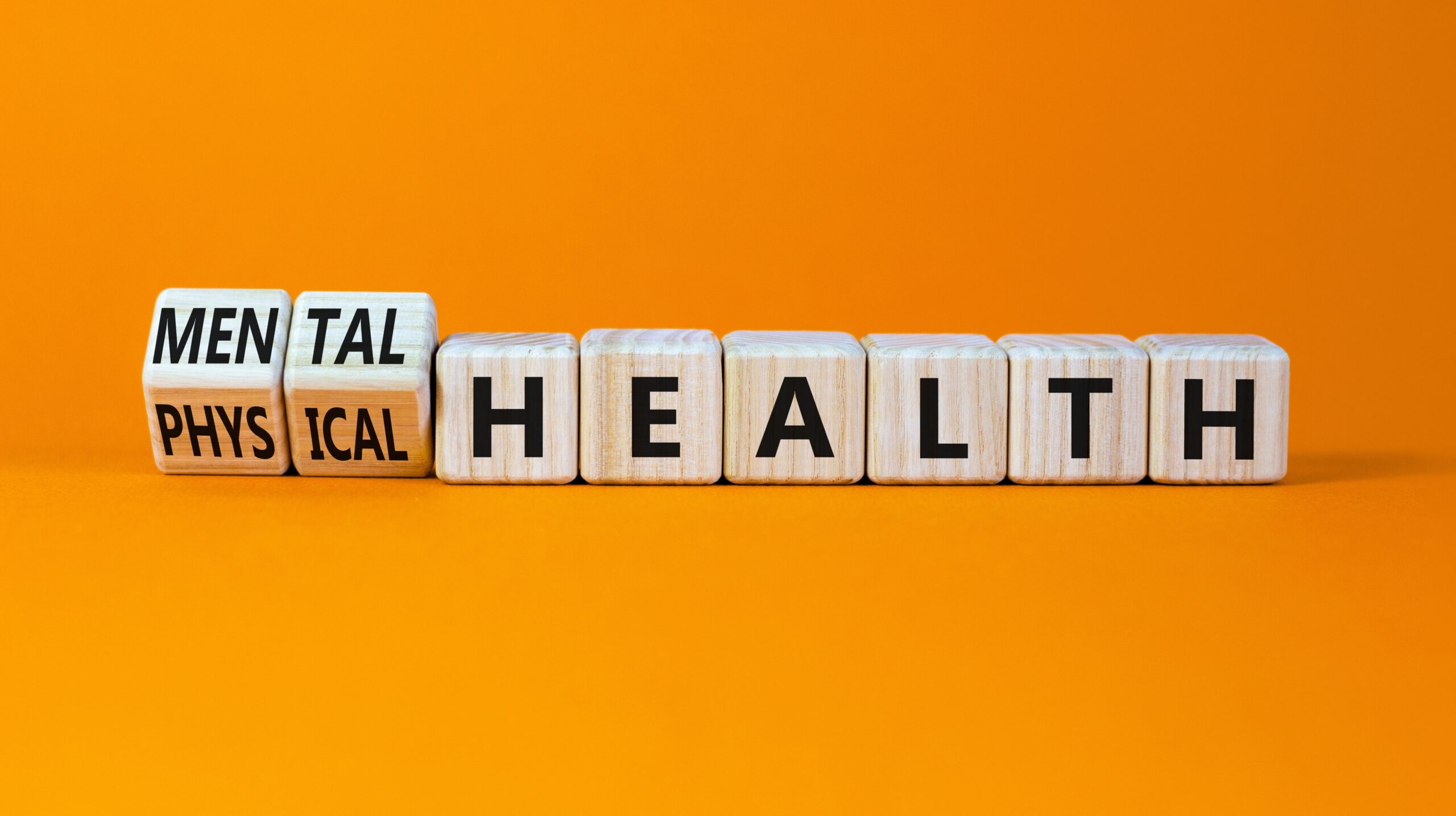
How Mental and Physical Health Are Connected (More Than You Think)
We often treat mental and physical health as two separate things — a therapist for your feelings, a doctor for your body. But here’s the truth: they’re deeply connected. Your thoughts can affect your body, and your physical health can shape your mental state. From sleep to stress to chronic illness, this article explores how your mind and body are in constant conversation — and why looking after both matters more than ever.
Outline
- The Mind-Body Connection: What It Means
- How Mental Health Affects Physical Health
- How Physical Health Affects Mental Health
- Everyday Signs of the Mind-Body Link
- Why It Matters (For Everyone)
- 5 Simple Ways to Support Both Mind and Body
- Final Thoughts: It’s All Connected
The Mind-Body Connection: What It Means
Your brain and body are part of the same system — not separate compartments.
When you feel emotionally stressed, your body reacts:
- Your heart rate increases
- Your breathing changes
- Your muscles tense up
And when your body is unwell, your mental health can take a hit too:
- Pain may affect your mood
- Fatigue can lower motivation
- Illness can bring anxiety or depression
Your mental and physical health are constantly influencing each other — often without you even realising it.
How Mental Health Affects Physical Health
Struggling with anxiety, depression or stress doesn’t just affect your mood — it impacts your entire body.
Here’s how:
- Chronic stress raises cortisol levels, which can weaken your immune system
- Anxiety can cause chest tightness, stomach issues, headaches
- Depression may lead to fatigue, appetite changes, and sleep problems
- Burnout can increase inflammation and blood pressure
- Emotional pain can feel physically painful — heartbreak isn’t just poetic
Long-term mental health struggles are linked to heart disease, digestive issues, and weakened immunity.
How Physical Health Affects Mental Health
Your body also shapes your brain.
Physical conditions that impact mental wellbeing:
- Chronic pain → increases risk of depression
- Thyroid imbalances → can mimic anxiety or low mood
- Poor sleep → worsens emotional regulation and focus
- Hormonal changes (PMS, menopause, pregnancy) → affect mood stability
- Nutrient deficiencies → linked to low energy and irritability
💡 Even something as “simple” as dehydration can make you feel foggy or grumpy.

Everyday Signs of the Mind-Body Link
You’ve probably experienced this connection without even noticing:
| Situation | Mind-Body Response |
|---|---|
| Nerves before a presentation | Sweaty palms, butterflies, racing heart |
| Stress at work | Tension headaches, insomnia |
| Heartbreak or grief | Chest pain, fatigue, loss of appetite |
| Poor diet and no exercise | Feeling sluggish, irritable, unmotivated |
| Feeling isolated or lonely | Body aches, reduced immune response |
🌿 Mental and physical symptoms are often two sides of the same coin.
Why It Matters (For Everyone)
Understanding the connection helps you:
- Catch problems early (a physical symptom might be emotional in disguise)
- Get more effective treatment (holistic approaches work best)
- Be kinder to yourself — your body and brain both need care
- Prioritise rest and recovery — because pushing through isn’t always the answer
Whole-person health leads to a fuller, more balanced life.
5 Simple Ways to Support Both Mind and Body
You don’t need a full lifestyle overhaul. These small habits help both sides of the equation:
1. Move your body regularly
Even a 10-minute walk boosts mood, circulation, and energy.
2. Sleep like it matters
Quality sleep restores your body and regulates emotional resilience.
3. Fuel with food, not guilt
Nutrients like omega-3s, B vitamins, and iron support mood and brain function.
4. Talk it out
Whether it’s with a friend or therapist, sharing lightens the load mentally and physically.
5. Breathe with intention
Deep breathing calms your nervous system and lowers stress hormones.
Wellness isn’t just face masks and smoothies — it’s about small, steady steps every day.
Final Thoughts: It’s All Connected
Your body and mind are a team. When one struggles, the other feels it. When one heals, the other benefits too. So next time you feel off — physically or mentally — take a step back and look at the whole picture.
You don’t have to choose between mental and physical health — because they’re never really separate.


